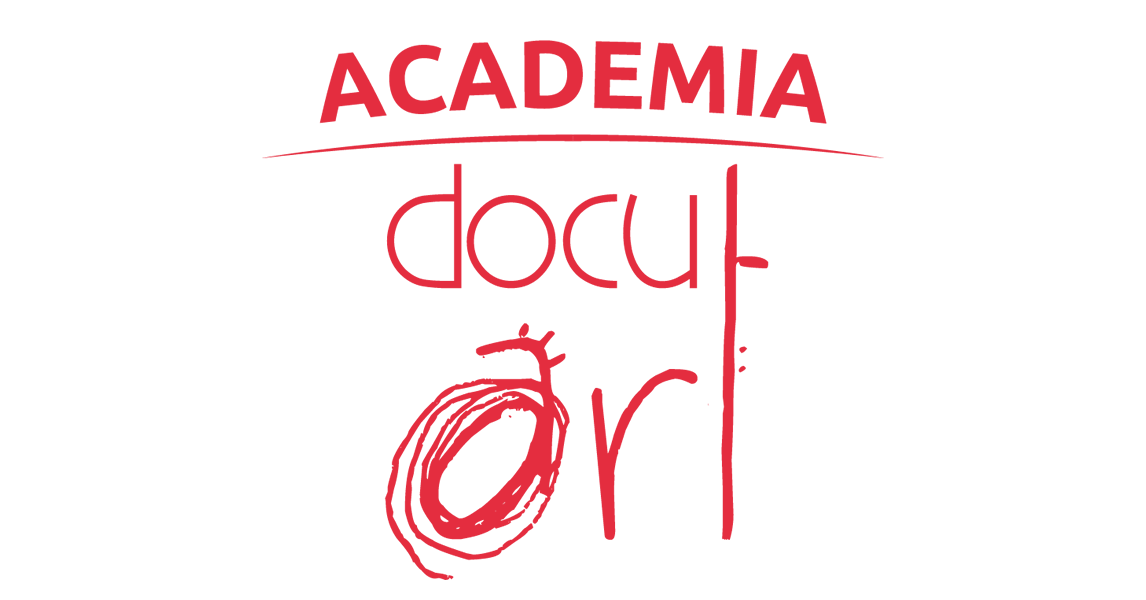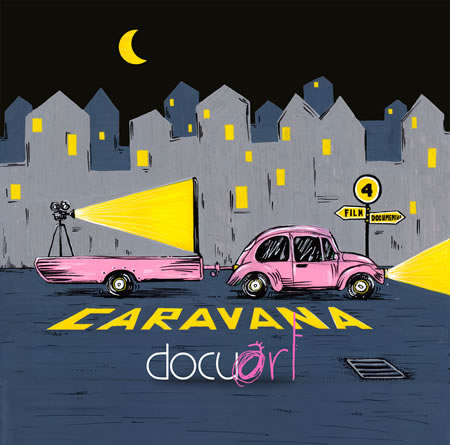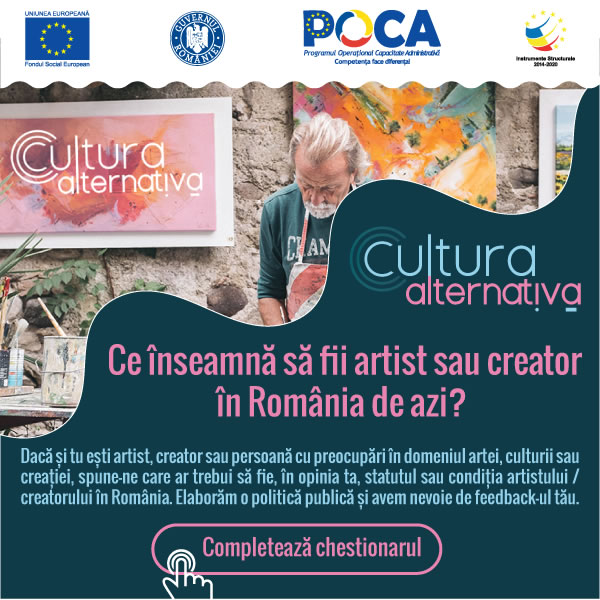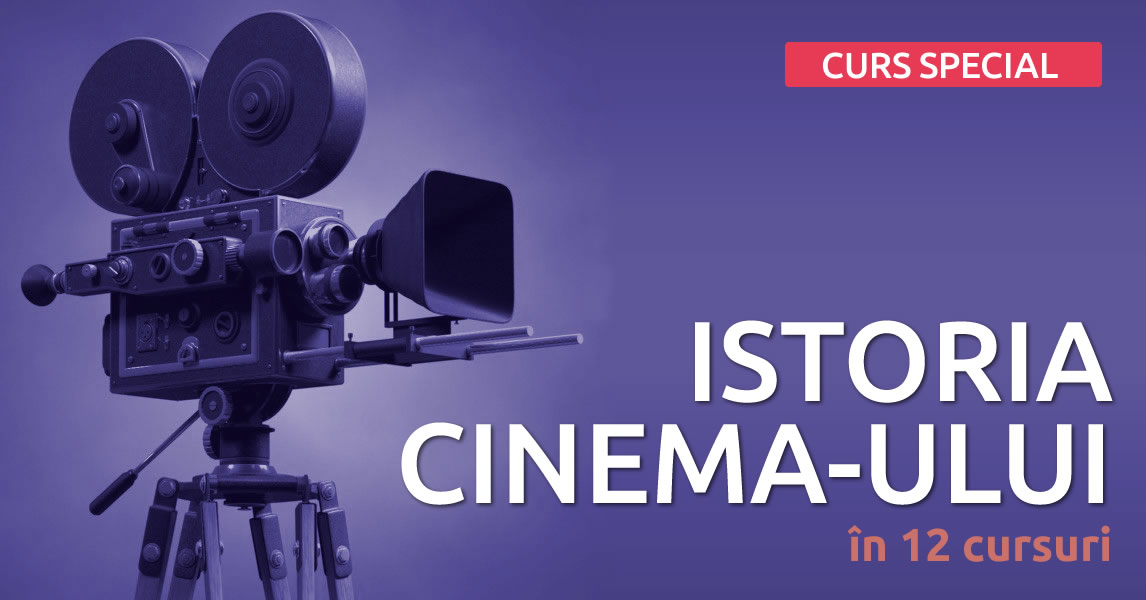Why documentary, what did attract you at this gender?
I studied journalism, I worked in the written press and television. I started working in the film area too, enjoying very much. I didn’t impose upon myself to make a documentary. I mean, I didn’t even intend to make a film…until „here…I mean there”. Everything came out from my interest in exploring and understanding what happens next to us, and I think the documentary is the only way I could do that. There are so many things, stories, people surrounding us that I’m interested in. And I want to explore with the video camera something that concerns me a lot. The documentary offers me that.
I made this film because I was concerned about what happens in the souls of Romanian children of those who emigrated. How do they feel living with virtual parents they see on the internet most of the time and only once or twice a year for real, during their holidays. I was not interested in the sensational cases, but on the contrary, the cases that appeared to be ordinary. I had already written about the emigration problem but based mainly on the extraordinary. But most of the children don’t have extraordinary stories but ordinary ones. These „ordinary” stories I was interested in and therefore I wished I had had enough time to observe them, to understand them, to reach the souls of those children and their families. I started from a simple curiosity: what children whose parents are gone to work abroad might feel. I found a family I felt good with, and who was open to accept me for a long period of time. And besides I was in the presence of my characters for a long period of time, very often to see what happens with them. I was completely into their „story” trying to observe only what interested me. I found out there what they were feeling, I saw them growing up far from their parents, changing themselves… I did not set up or organize anything. I only was there catching out some things. That’s what I find sensational at this kind of documentary: that you find out something then, there, free and opened, with no script, only with many questions and very carefully.
And I adore the fact that the story is created during the montage. Of course I thought out of thousands of variants of the movie in all these filming years but we started building the story, to let it tell itself when we started to watch the video tapes we had filmed with Dana Bunescu, the editor and co-author of the movie.
“here…I mean there”: Which was the hardest, the most touching part of the movie?
It was very hard for me to be far from my family on Christmas and Easter. I wanted to be near Ani and Sanda, the characters in the movie, to try to feel what they were going through being far away from my parents during the holidays. I had an idea that they might be torn to pieces but I thought this could be a stereotype, that it could be only in my head and maybe they had no problem that their parents were far away. After I spent Christmas with them far from my family I felt empty, emasculated, gray. I was about to walk home, from Sighetu Marmatiei to Bucharest… I was crying alone on the streets. I wouldn’t repeat the experience but then it helped me to feel something I could only imagine. And I found a confirmation of what I supposed.
I sometimes couldn’t help myself from interfering in the life of the family I was filming. When the girls were crying because they were missing their parents or had black thoughts I felt the need to call them and tell them what was going on because the girls didn’t tell them. I wish I asked them to return in the country forever. I knew I had no right to interfere! And I told myself not to interfere no matter what because first of all it was their family and I wanted to observe it as it was not as I wanted it to be.
In your opinion what can reduce the phenomena of parents going to work abroad, which are the key points to insist on?
I made this film examining for a long time a particular case which, in a way tells a universal story. I don’t think it’s my duty, nor the director’s duty to find solutions, but to show things that are happening. The change may come from any of us.
I also think with all the modesty that by watching this movie parents could understand how their children feel remaining home. They might think twice before they leave or they might try to shorten the time they are far away. Mother Irina and father Liviu, the girls in the movie parents came back home and have never left. And the girls have flourished since then…
Can we use the documentary as an educational tool for the young people? How?
“Here..I mean there” is frequently invited in schools, faculties, schooling institutions, so we interact with students and teachers. I think that the young people and children are looking forward to seeing movies. Of course the documentaries are different from what they know from TV but I am glad when I see them watching the whole movie, they have reactions and they tell their opinion in the end. It’s good for them to see what happens next to them, which are the problems, to talk about them or to have their own questions.
I think it would be extraordinary for the documentary to be introduced in schools as a teaching tool for certain domains. Or once in a month a documentary should be projected during the counseling class, followed by Q&A sessions the next weeks. But first of all teachers must be open minded.
What about the prize list of the documentary and how was it met at international festivals?
The whole team is very glad that the documentary has constant projections in different areas: from national and international festivals to cultural centers, educational institutions or cinematographic events. This means that the film covers many areas of interest and this is very good. The public is various and this is also gladdening.
Everywhere we project the documentary people come and tell me they have been through the same things as the family in the documentary. At the first run of the documentary at Astra Film there were some ladies that were crying – I was sorry I made them cry but I am glad the movie touched them.
We also receive messages through the internet congratulating us on not being partial, on not victimizing the characters, on letting the story being told itself..
It is wonderful to have feed-back for something that is part of you and that you worked for so hard for many years. It is great to see the halls filled with people that stand by Ani, Sanda and their family clapping in the end. So it was, among others at Astra Film Festival, at the White Night of Romanian Film or at Making Waves Festival in New York.
„here…I mean there” won the prize for the best Romanian documentary of the year at TIFF 2013 and a nominee for Gopo Prizes in 2013. It had over 30 projections at Sarajevo Film Festival, The Cinema in Matadero Madrid, One World Romania, Czeck Center, Bucharest, The Public Center SOROS, The National School of Politics and Administrative Studies, at București Docuart Fest, UNATC, or The Social Assistants College in Bucharest.









![[Update] Brâncuși Nocturn: trei seri de film și muzică sub cerul liber, la Coloana fără Sfârșit](https://docuart.ro/wp-content/uploads/2025/08/Brancusi-Nocturn-cover-400x225.jpg)